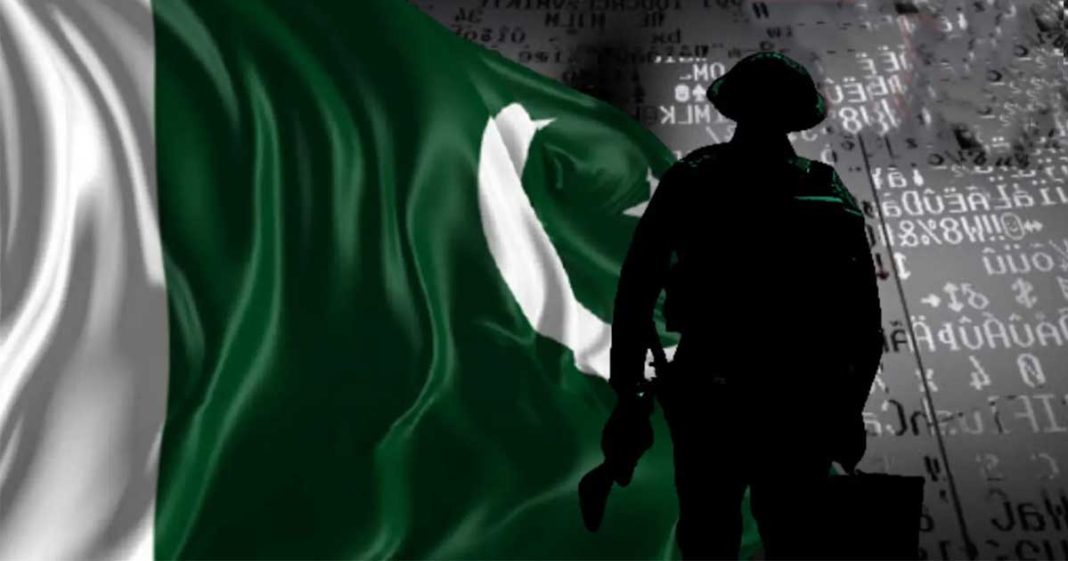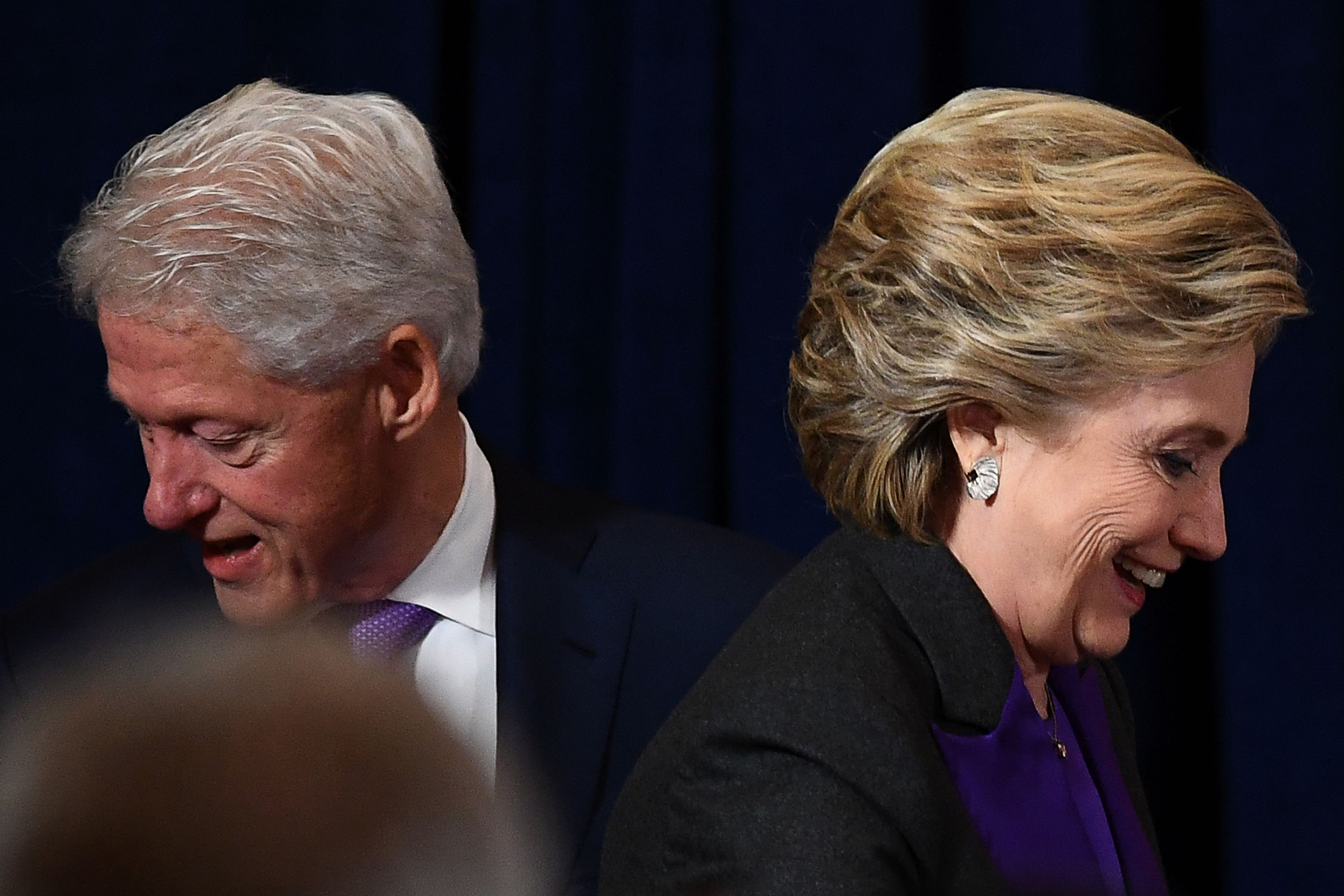Sources in PPP say Bilawal has agreed to take the portfolio of the foreign minister only if Mohsin Dawar of the National Democratic Movement (NDM) and Awami National Party (ANP) are also included in the federal cabinet.
Mohsin Dawar was formerly a student leader associated with the Awami National Party. His political career took a jump in February 2018 when he joined the Pashtun Tahhafuz Movement (PTM). It was the same period when political moves were afoot to bring the erstwhile Federally Administered Tribal Areas (FATA) into the mainstream by merging them into the Khyber Pakhtun Khwa province. This move had hit the vested interests that had wanted to maintain the status quo in Pakistan’s tribal areas, hence the intense opposition against the merger and the sprouting up of political groups like PTM.
Read more: Is Pakistan another Weimar Republic?
Why were they opposed to the merger?
In the aftermath of the so-called Afghan Jihad, the militant outfits in Pakistan and Afghanistan had been trying to form a string of fiefs all across the Durand Line, particularly in the Federally Administered Tribal Areas (FATA) of Pakistan. They needed these fiefs, or emirates, as they preferred to call them, as firm bases for launching their operations against Pakistan. TTP had already established its emirates in FATA’s North and South Waziristan agencies. These have since been dismantled by the Pakistan Army. Establishing the so-called emirates responded to the Darwinian urge among the militants to wrest power from the state.
On 24 May 2018, the National Assembly of Pakistan passed a bill to enact the Twenty-fifth Amendment to the Constitution of Pakistan which called for the merger of FATA with the province of Khyber Pakhtun Khwa. The vote was 229–1 in favor of the amendment. Mohsin Dawar and Ali Wazir gained notoriety when, on 26 May 2019, the PTM militants attacked a Pakistan Army check post at Khar Qamar in North Waziristan. The encounter resulted in casualties on both sides. Ali Wazir and Mohsin Dawar were arrested after the incident and a curfew was imposed in the area.
On 1 September 2021, when the US withdrawal from Afghanistan was in full swing, Dawar left PTM and founded the National Democratic Movement (NDM). Some analysts claimed that the NDM would cause a setback for the PTM, and curtail its influence. NDM is the metamorphosis of PTM -a process by which animals undergo extreme, rapid physical changes sometime after birth. The evolution of PTM into NDM addresses the changed ground realities across the Durand line in the aftermath of the US withdrawal from Afghanistan.
Read more: Strategic Dimension of the Afghan Jihad
Dawar’s Afghanistan connection and his recent speech in the National Assembly in which he termed the alleged air attack on TTP hideouts in Afghanistan as “crossing the red line” cannot be dismissed as political rhetoric. Bilawal’s refusal to join Shehbaz Sharif’s cabinet unless Mohsin Dawar is also inducted into the new government reminds one of a similar situation in 1968.
Mujib gave his six points soon after the 1965 war. In 1968, a secession plan known as the Agartala Conspiracy came to the fore, and Mujib ur Rehman, along with 34 others, including a Bengali CSP officer and personnel from the armed forces, was tried for treason.
Mujib and his co-conspirators described Agartala as a hoax
In October 1968 the Gordon College Students’ incident took place and soon the entire country was up in protest. Such agitation was not witnessed before. Gradually, the students were joined by the radio and television employees and those from the press. It was alleged that the Coca-Cola country head in Pakistan, ensconced in the residence of one of the faculty members at the Forman Christian College, Lahore, had his fingers in the agitation pie.
The agitation against Ayub Khan continued for many months. The Agartala case was withdrawn under political pressure as certain West Pakistani politicians, particularly Mian Mumtaz Daultana, had demanded Mujib’s release or else they would boycott Ayub Khan’s round table conference which he had called to resolve the political crisis.
For almost forty years, Awami League and its mentor India had been denying the existence of the Agartala conspiracy and citing it as one of the main causes of Bengaliestrangement against West Pakistan – an excuse for the Indian sponsored insurgency in East Pakistan.
Read more: Anatomy of Pakistan’s chronic political instability
On 7th March 2010, Bangladesh’s Prime Minister Sheikh Hasina Wajid confessed that her father Sheikh Mujibur Rahman did plan a comprehensive conspiracy to break Pakistan into 2 pieces with the help of the Indian government. On 22nd February 2011, Shawkat Ali, the surviving co-conspirator and Deputy Speaker of the Bangladesh Parliament, confessed to the parliament at a point of order that the charges read out to them were correct, stating that they had formed a Shangram Parishad (Action Committee) under Sheikh Mujib for the secession of East Pakistan.
Behind the façade of regional autonomy and human rights, are we again heading towards 1971 like situation?
Saleem Akhtar Malik is a Pakistan Army veteran who writes on national and international affairs, defense, military history, and military technology. He Tweets at @saleemakhtar53. The views expressed in this article are the author’s own and do not necessarily reflect the editorial policy of Global Village Space.














